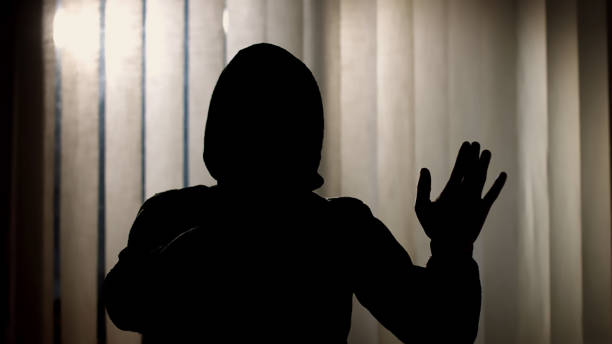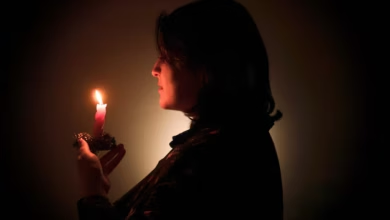10 Reasons Why Victims of Sexual Abuse Take Time to Speak Out

10 Reasons Why Victims of Sexual Abuse Take Time to Speak Out. Every time when a victim of abuse decided to come out, his or her message is diluted by so many questions and opinions. One of the most question that people like to pose, is why the victim chose to remain silent for some time. Honestly, speaking out about such things is not as easy as it looks. The victim has to deal with a lot including the tragedy, how to go about reporting the crime, shame, guilt, fear and so forth.
1. Lack of Knowledge
If the abuse happened when you were a child, it may take years for you to understand that what happened was abuse in the first place. In cases of sexual abuse against adults, the victim may believe that what happened was normal. Like it or not, we live in a society where certain modes of sexual behavior, particularly from men towards women, are accepted as the norm, regardless of their impact.
2. Shame
Many victims of abuse internalize the blame and responsibility for the abuse and unconsciously or even consciously think its their fault that it happened. In other words, that they deserved it, at least to some degree. Moreover, many sexual abuse victims, feel dirty, violated, broken, defective, unworthy of love, of empathy, or even of existing.
3. Fear
People who have suffered abuse are usually afraid of talking about their experiences because they are afraid of what will happen if they do. Sometimes the fears are exaggerated, but they are often very real .For example, children are frequently in a position where they are dependent on others, so they are unable to protect themselves or remove themselves from their abusive environment, whether their school, neighborhood, family, or all of it.
4. Threats
Many victims have been silenced to not report their abuse. Their perpetrators sometimes use their status, power and influence to threaten them. Even if there is no threat, some victims think that, if the perpetrator is powerful, they are more likely to experience threats of retaliation. This is not true. Go and report, and let the law take its course.
5. Trauma
The act of reporting the assault to the police can be traumatic. The idea of talking to a group of uniformed officials about a horrific event while they ask personal questions is an idea that scares many victims away from reporting their assaults. Sometimes the trauma of speaking about the abuse is too much for a victim to speak about. Survivors sometimes do not speak up because they cannot.
6. Lack of Support
Many abuse victims don’t talk about being abused because they don’t have anybody who would listen. When a person decides to come forward and talk about their hurts, they may not be taken seriously, which leads to feeling betrayed either by an individual person, by the justice system, or by our society. Men, for instance, may not be taken seriously when they try to talk about being abused, even by the police.
7. Lack of Trust
The victim did speak out in the past and wasn’t listened to. This is very common, especially in cases where the abuse was long term or recurring. Many victims had experiences in which they tried to speak out in order to get help but weren’t believed or listened to. There are many, many cases where a child tries to tell a family member or person of authority about what’s happening and isn’t believed. This pretty much ensures that they won’t speak out again. Or if they do, it will be many years and a lot of therapy later.
8. The Backlash
There have been a lot of high-profile cases in the news lately and we have all seen what happens when someone, especially a woman, publicly stands up and says, “this person abused me.” She is immediately deluged by messages which vary from the skeptical to the outright threatening. What is even more invisible is the backlash from a person’s family which can result from speaking out.
9. The Blame
The automatic assumption that the victim was wearing something provocative discourages victims from speaking up. When a victim feels their choice of clothing may lead to scrutiny from those who blame the victim, they tend to blame themselves for the assault. While clothing has nothing to do with why people are assaulted, our society likes to assume that the victim was “asking for it.”
10. Financial Issues
Many victims don’t speak up in fear of losing their jobs. This is seen often with women who work in male-dominated fields. With huge power disparities within these jobs, many women don’t speak up for fear that they will be fired. Earning low wages may also make it more difficult for a worker to leave a job, or to risk losing it by making a complaint. Many sexual assaults go unreported for this reason.




